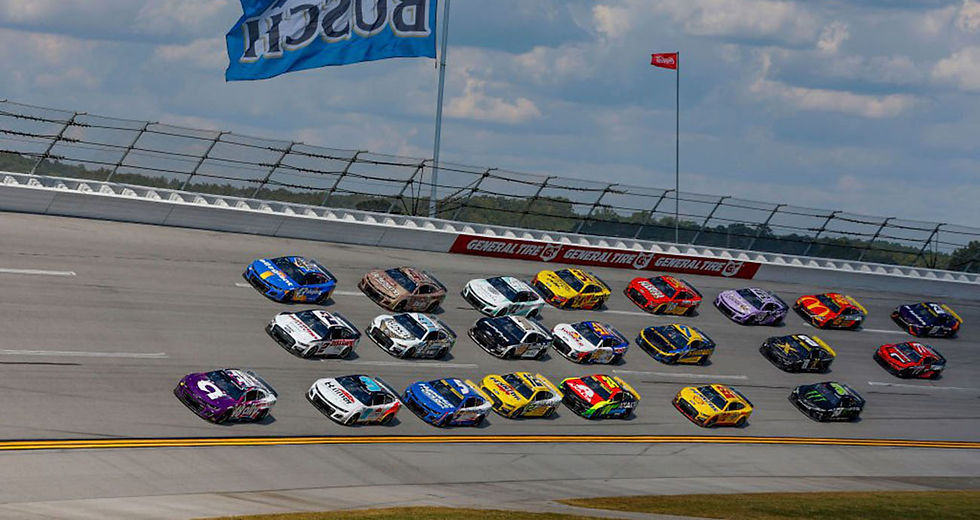US Court of Appeals for the First Circuit Rules that Jockeys Can Collectively Bargain
- Landis Barber
- Apr 8, 2022
- 2 min read
Updated: Jul 20, 2022
On Tuesday, April 5, the United States Court of Appeals for the First Circuit ruled in Confederación Hípica de Puerto Rico, Inc. v. Confederación de Jinetes Puertorriqueños, Inc. that jockeys can refuse to race for higher wages and better working conditions, opening the door for jockeys to collectively bargain.
Background
Puerto Rico has one horse-racing track operated by Camarero Racetrack Corp. Jockeys are hired on a race-by-race basis and paid a minor $20 mount fee for each race, which is one-fifth of what jockeys receive in the mainland United States, and, if they finish within the top five, the possibility of sharing in the winnings.
After negotiations between Confederación Hípica de Puerto Rico, Inc. (“Hípica”), which represents the owners, and Confederación de Jinetes Puertorriqueños, Inc. (“Jinetes”), which represents the jockeys, over working conditions ultimately failed, the jockeys refused to race for three days between June 30-July 2, 2016.
Due to the cancellation of races between June 30 and July 2, Hípica and racetrack owner Camarero sued the jockeys and Jinetes, alleging that they engaged in a group boycott in violation of the Sherman Antitrust Act.
The Court’s Opinion
In finding that a statutory exemption applied, Judge Sandra L. Lynch wrote, “[m]ost of the time, antitrust law forbids would-be competitors from colluding to increase prices. When the price is a laborer’s wage, however, a different set of rules apply.”
Here, the statutory labor-dispute exemption under the Clayton Act and the Norris-LaGuardia Act applied. Specifically, the exemption applies to “conduct arising (1) out of the actions of a labor organization and undertaken (2) during a labor dispute, (3) unilaterally, and (4) out of the self-interest of the labor organization.”
Applying the conditions to the case at hand, Judge Lynch noted that conditions (3) and (4) were not in dispute and found that Jinetes is a labor organization that advocates for jockeys’ terms of employment, and the jockeys and Jinetes were seeking higher wages and safer working conditions. Therefore, the conditions were satisfied, and the labor-dispute exemption applied.
Importantly, the Court of Appeals for the First Circuit noted that it does not matter whether the jockeys were independent contractors because the exemption still applies under the Norris-LaGuardia Act. “The key question is not whether the jockeys are independent contractors or laborers but whether what is at issue is compensation for their labor,” Judge Lynch wrote, “disputes about wages for labor fall within the exemption but those over prices for goods do not.”
Since the exemption applied, the plaintiffs could not prevail on their claims. Thus, the Court remanded the case to the district court for dismissal. Pending any appeals, the ruling will allow jockeys to collectively bargain.
Why This Matters
Currently, professional leagues like the PGA Tour consider athletes independent contractors. With many touting a Saudi Arabia-backed professional golf league as an opportunity for professional golfers, we could see organizations representing professional golfers utilizing the labor-dispute exemption to negotiate higher wages.
Landis Barber is an attorney at Safran Law Offices in Raleigh, North Carolina. You can connect with him via Twitter @LandisBarber, LinkedIn, or via his blog offthecourtdocket.com.








